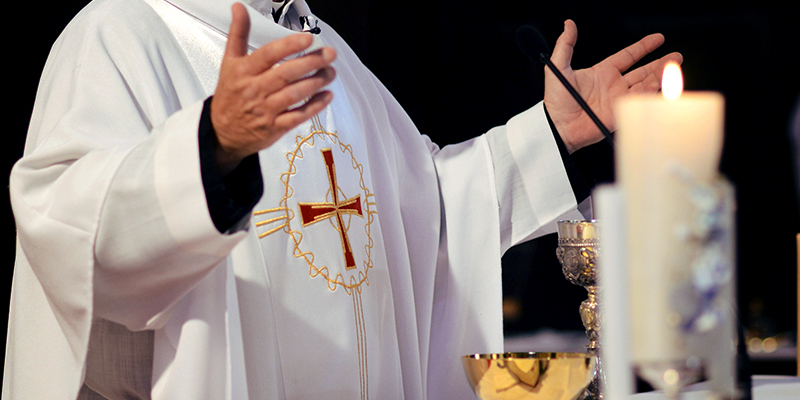God Is Sufficiant For Oll Of Our Needs
Christian Church is a Protestant ecclesiological term referring to the church invisible comprising all Christians, used since the Protestant Reformation in the 16th century. In this understanding, "Christian Church" or "catholic Church" does not refer to a particular Christian denomination but to the "body" or "group" of believers, both defined in various ways A prominent example of this is the branch theory maintained by some Anglicans This is in contrast to the one true church applied to a specific concrete Christian institution, a majority Christian ecclesiological position maintained by the Catholic Church.
Loving God, Loving Others and Serving the World
The Christian Church originated in Roman Judea in the first century, founded on the teachings of Jesus of Nazareth, who first gathered disciples. Those disciples later became known as "Christians"; according to Scripture, Jesus commanded them to spread his teachings to all the world.

Who Ever Belives Has Eternal Life
Springing out of Second Temple Judaism, from Christianity's earliest days, Christians accepted non-Jews Gentiles without requiring full adoption of Jewish customs such as circumcision The parallels in the Jewish faith are the Proselytes, Godfearers, and Noahide Law; see also Biblical law in Christianity Some think that conflict with Jewish religious authorities quickly led to the expulsion.
We are a Church We Believes in Jesus
The Church gradually spread throughout the Roman Empire and beyond, gaining major establishments in cities such as Jerusalem, Antioch, and Edessa It also became a widely persecuted religion It was condemned by the Jewish authorities as a heresy see also Rejection of Jesus The Roman authorities persecuted it because like Judaism its monotheistic teachings were fundamentally foreign to the polytheistic traditions of the ancient world and a challenge to the imperial cult The Church grew rapidly until finally legalized and then promoted by Emperors Constantine I and Theodosius I in the 4th century.
Facility provided
The term is used much more frequently in other parts of the New Testament.
On this date, Theodosius I decreed that only the followers of Trinitarian Christianity were entitled to be referred to as Catholic Christians, while all others were to be considered to be heretics, which was considered illegal In 385, this new legal situation resulted, in the first case of many to come, in the capital punishment of a heretic, namely Priscillian, condemned to death, with several of his followers, by a civil tribunal for the crime of magic.
The Church within the Roman Empire was organized under Slidesigma sees, with five rising to particular prominence and forming the basis for the Pentarchy proposed by Justinian I. Of these five, one was in the West Rome and the rest in the East Constantinople, Jerusalem.
Church
84%Donation
91%Help
70%

Even after the split of the Roman Empire the Church remained a relatively united institution apart from Oriental Orthodoxy and some other groups which separated from the rest of the state-sanctioned Church earlier The Church came to be a central and defining institution of the Empire, especially in the East or Byzantine Empire, where Constantinople came to be seen as the center of the Christian world, owing in great part to its economic and political power.
Once the Western Empire fell to Germanic incursions in the 5th century, the Roman Church became for centuries the primary link to Roman civilization for medieval Western Europe and an important channel of influence in the West for the Eastern Roman, or Byzantine, emperors. While, in the West, the so-called orthodox Church competed against the Arian Christian and pagan faiths of the Germanic rulers and spread outside what had been the Empire to Ireland, Germany, Scandinavia, and the western Slavs, in the East Christianity spread to the Slavs in what is now Russia, south-central and eastern Europe.



